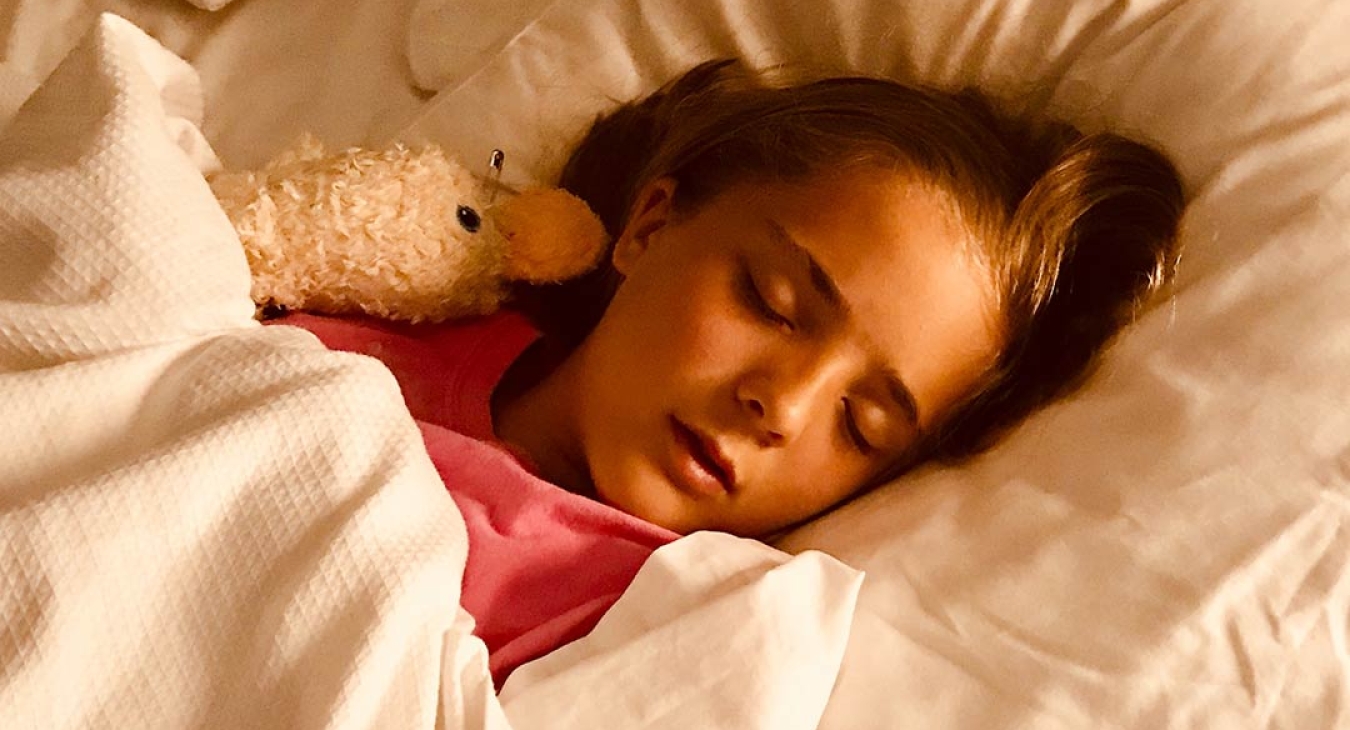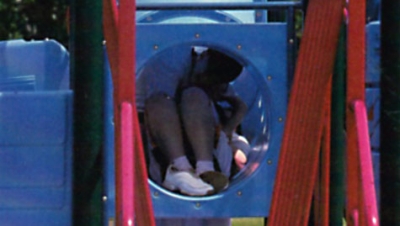Don't just Pencil in Play - Carve it out!
It seems a lot of people think that when you reach a certain age, you are too old to play. That means different things to different people. The truth is, you’re never too old. We need play throughout our lives. It is very important to note the positive results of play. Talk with someone who never plays. It’s a wonderful thing to be a hard worker, but play is part of balance and can help stay anxiety and depression. According to an article, The Top 10 Benefits of Play, by Marianne St. Clair, the top ten benefits of play are as follows:
-
It can inspire a person to think differently
This is important because people who “ask why not” make a difference in our society. They invent new products and technology and create. Sometimes people who think differently are a bit misunderstood. Walt Disney is a good example of this. Knowing what we know now of his creations and the joy they have brought so many, probably few of us would call his ideas out of the box. Believe it or not, there was a time when he was stepping out of the box and actually meeting criticism when creating a new type of entertainment—actually changed the face of entertainment. Sometimes we do see these people as genius. It is evident that creativity is essential. Imaginative play is part of this. The next time you’re in a rut, try getting out the crayons and just create.
-
Play can bring joy to your life
What if you took 30 minutes a day to play? This can be whatever kind of play brings you joy. It seems pretty hard to be stuck in a bad day if you can find the time for some enjoyment. There are adults out there with some fond memories of burying their toes in the mud or sand.
-
Play can reduce stress
It’s interesting. There are studies that show that play is actually hardwired into our genetic code, which is why we can crave it. It’s fundamental to a healthy existence. We learn to problem solve, develop social skills and better handle the world in which we live. Play really does teach us to deal with negative emotions and turn them into positives. It adds relaxation to life. Think about the last time you played. How did you feel afterward?
-
Longevity can be increased
Some people work from 40-60 hours a week, and play is hard to squeeze into the mix. Don’t pencil it in, carve it out of your schedule. It’s easy to get burned out with the schedule so many keep. Stress-related health problems abound, and people need to be sure to infuse it into our workday as well. Your plate is only so big, but it shouldn’t be too full to find 30 minutes a day to play. Shoot some hoops, jump rope, play cards, get out on the playground and enjoy time with your children and teach them the importance of play.
-
Struggle, conflict, and worry can be reduced
Play is the antidote to violent tendencies, and it also acts as a vehicle for positive socialization. If you don’t learn to play, you stand a good chance of being lost in a world of anger, fear and obsessive worry since you may not be able to deal with social situations as well. It provides a sense of belonging and also helps us connect with others.
-
Increase a sense of lightness
Sometimes life is heavy, just plain heavy. Could there be a better way to help lighten our load than getting caught up in play. When we play, it helps us forget the burdens that may plague us. Sometimes it is financial difficulty or other more serious things. Don’t forget to find play in your day. The importance has been grossly understated. Just as children can, we adults can recharge, restore our optimism, and refresh us. It can help keep life in perspective so we don’t forget what’s important. It should be part of our big picture.
It also allows our brains to exercise and maybe even renew the neural connections that help us meet environmental conditions.
-
Stimulate imagination, creativity, and curiosity
Play gets us in the game, hands on. You can understand the world and all of the possibilities better if you’re actively participating. Try viewing the world as you never have. Play, and while you’re at it, experience life. Renew your sense of imagination.
-
Decrease the risk of hypertension and depression
You become what you think about most. Play can soften your heart, and has your heart becomes malleable, your risk of hypertension and depression decrease. A new game has been released for computers. It uses the dual technologies of biofeedback and computer technology. It is considered “inner-active” and combines ancient breathing and meditation as well as modern biofeedback technology with the goal in mind of total mind-body wellness. It’s called Journey to Wild Divine and helps you learn to control your body’s reactions.
-
Enhance energy levels; get better sleep
When you’re overworked and stressed, you’re likely to burn out mentally and physically. If you’re exhausted when you wake up in the morning, that’s a good sign you’re not playing. You should be able to feel rested and refreshed after a night’s sleep. Playing gives that energy back, and you’re likely to laugh when you play. Laughter does the same thing.
-
Play can provide an opportunity to take risks
The right risks are essential to personal progress. Play gives an opportunity to develop our curiosity, discover special talents, make new choices, learn to think, and also find a new enthusiasm for life. This is how we evolve as a person, by learning which risks taking.
St. Clair notes one more important thing. The play is something that everyone is successful at. When you look back at your life, you’ll be glad you played, and the memories you make will stay with you. I love mud. Some of my favorite memories as a child involved playing in the mud and catching baby frogs in the garden. How sad it would be if there were no great memories such as these. Carve some play time out of your schedule.





















Add new comment